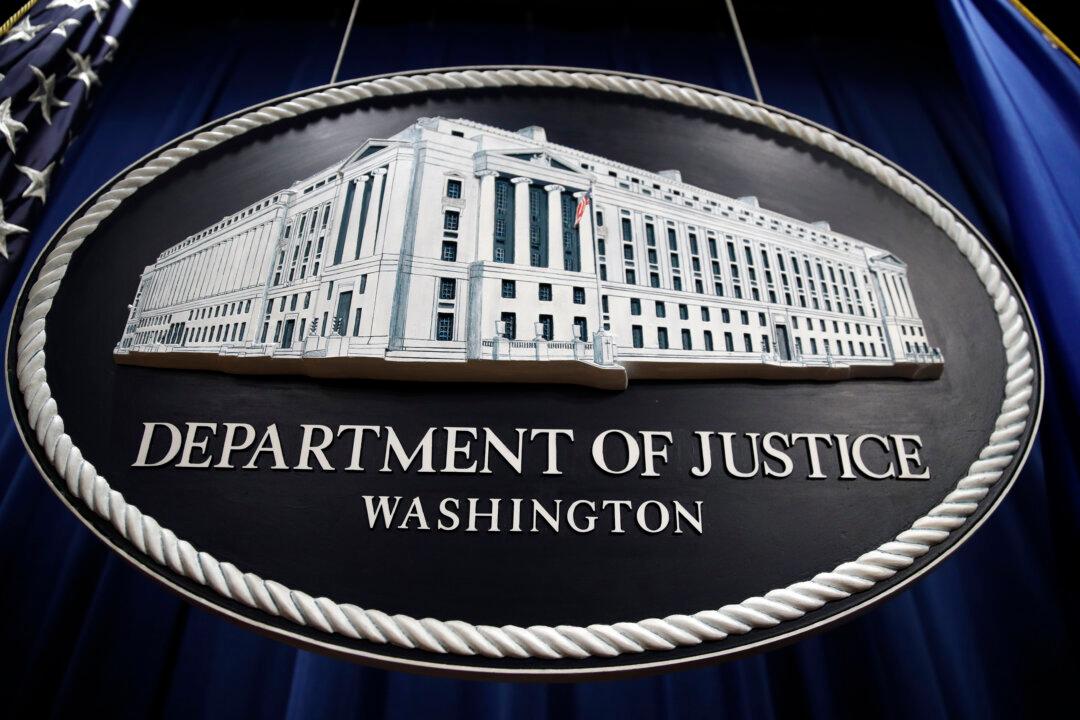The Department of Justice (DOJ) has pledged to stop using court orders to obtain reporters’ records as part of leak probes, marking a policy shift away from an investigative tactic used across numerous administrations.
DOJ spokesperson Anthony Coley confirmed the policy turnabout in a June 5 statement, which followed a pledge last month by President Joe Biden, who said it was “simply wrong” to seize journalists’ records.





